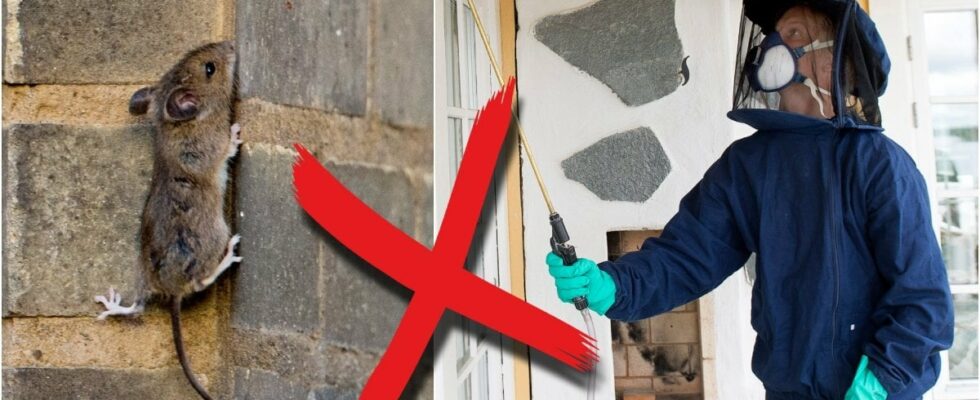It is officially autumn and the temperatures in the country have dropped considerably after an unusually warm September. This means that from now until February, the little mice are looking for places where there is both warmth and food.
In the last week, cleanups of mice have increased drastically and according to Anticimex, the problem period is usually most intense in October and November.
To reduce the risk of problems, Anticimex now urges home owners to secure the house against mice as soon as possible and shares simple tricks.
READ MORE: Customer’s Disgusting Discovery in Coke Can: ‘Disgusted and Surprised’
Can cause fire and spread infection
Just because it feels neither hygienic nor pleasant to have resident animals in your home, their presence can actually mean danger. Something that is especially important to take into account in these times.
– If the mice are allowed to establish themselves in the home, they can unfortunately cause major problems. They can build tunnels in the house’s insulation and gnaw on electrical wires, which in the worst case can lead to short circuits and fires. In addition, the mice’s urine and feces can start to smell and in some cases spread infection., says Thomas Persson Winner stonebiologist and pest expert at Anticimex in a press release.
DON’T MISS: What is the Marburg virus? Cause, symptoms and treatment
Holiday homes that are often empty during the winter months are at particular risk of mouse infestation. Photo: Martina Holmberg / TTVusual signs that you have mice in the house
Mice thrive best in dark and hard-to-reach spaces such as attics, basements and inside walls. There they can often remain for a long time without being detected until they have caused visible and sometimes extensive damage.
Common signs that mice have entered are droppings, the smell of urine, gnawed packaging and holes in furniture upholstery.
DON’T MISS: The disgusting reason – that’s why you have yellow spots on the pillow
This is how you protect the house against mouse attacks
It is important to know the mice’s (literal) loopholes in order to know what you can do yourself. Here follows Anticimex advice on how to protect the house against mice.
1. Seal the house. A mouse can get through a 6 mm hole:
2. Remove residences. The more debris, the more attractive the mice’s habitat:
3. Ensure that the mice do not find food indoors:
4. Make sure that the mice do not find food around the house:
5. Digitally monitor and use impact traps effectively and safely:
READ MORE: The vet’s warning: “In the worst case they can die”
